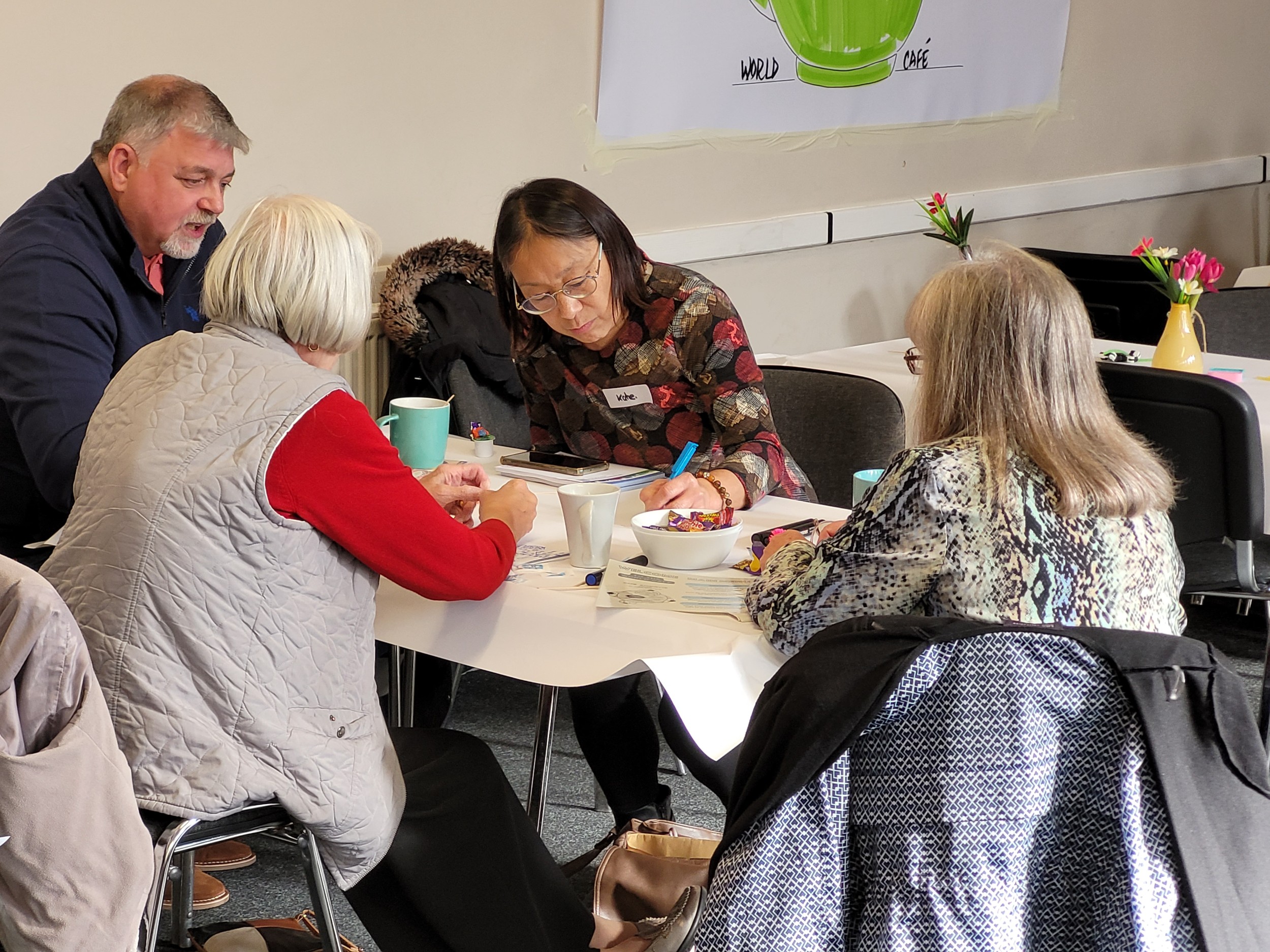Healthcare assistants (HCAs) make sure the patient experience is as comfortable and stress-free as possible. It can also be a steppingstone into many other NHS roles. You will work under the guidance of a healthcare professional such as a nurse and your job will vary depending on where you are based.
For example, in a GP surgery, you may:
- do new patient or NHS health checks
- process lab samples
- take blood samples
- do health promotion or health education work
- assist with the monitoring and management of long-term conditions
- take ECGs
- undertake wound care
There are no set entry requirements to become a healthcare assistant. Employers expect good literacy and numeracy and may ask for GCSEs (or equivalent) in English and maths. They may ask for a healthcare qualification, such as BTEC or NVQ.
With experience and further training, you could become a senior healthcare assistant, assistant practitioner or nursing associate. With the appropriate qualifications/evidence of academic ability, you could also undertake a registered nurse degree programme.


